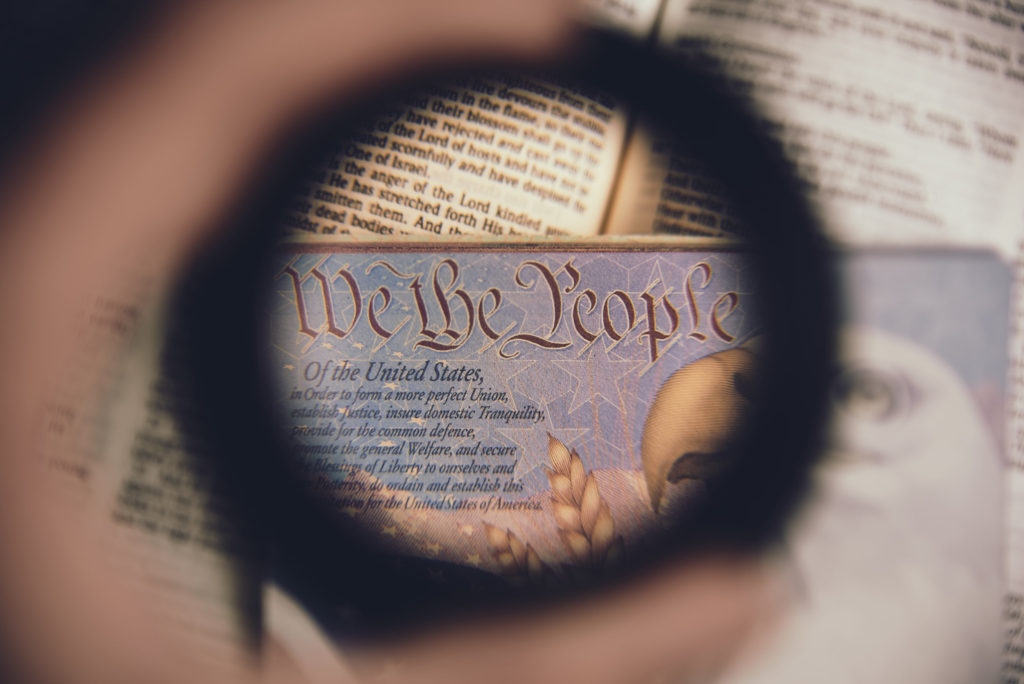Latest News
Blog
DHS Announces Trump Era Public Charge Rule Ending
March 10, 2021
Reading Time: 2 minutes On March 9, 2021, DHS Secretary Mayorkas announced that USCIS will no…
Judge Blocks USCIS from Raising Application Fees on October 2nd – For Now.
September 30, 2020
Reading Time: 2 minutes The U.S. immigration agency was set to increase fees significantly…
OFFICE CLOSURE
June 3, 2020
Reading Time: < 1 minute Due to the mandatory evacuation order issued for Charleston in advance…
Avvo 10 Rating
November 9, 2019
Reading Time: < 1 minute Occam Immigration was ranked 10/10 by Avvo. Avvo is a website that…
Facebook 5-Star Rating
November 9, 2019
Reading Time: < 1 minute Occam Immigration was rated 5/5 on Facebook. We are here to make…
Google 5-Star Rating
November 9, 2019
Reading Time: < 1 minute With excellent Google ratings, anything about U.S. citizenship and…
Birthright Citizenship – End It? Keep It? Or Try to Fix It?
November 5, 2018
Reading Time: 4 minutes President Trump announced that he would attempt to end birthright…
Charleston Immigration Attorney Awarded 10-Best for Client Satisfaction
October 10, 2018
Reading Time: < 1 minute Simplifying U.S. Immigration Businesses, Families, Investors, and…
Occam Immigration Awarded to Top Immigration Law Firms
October 2, 2018
Reading Time: < 1 minute Occam Immigration’s top-notch immigration services paved the way to be…
MYRTLE BEACH OFFICE COMING SOON!
October 1, 2018
Reading Time: < 1 minute Occam Immigration will be opening an office in the Myrtle Beach area to…
- 1
- 2










